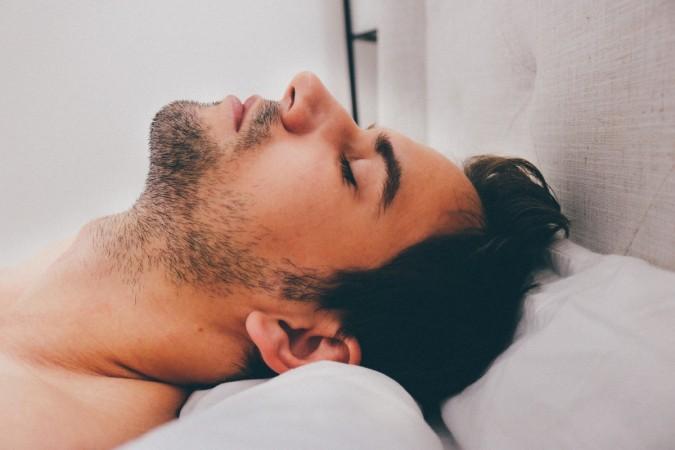
Getting extra sleep on the weekends could help ease health issues. All the more reason why people should consider staying in on weekends – this extra sleep could actually reduce the risk of early death, a new study says.
A recent study conducted on 38,000 adults concluded that those under the age of 65, with chronic sleep deprivation have a higher risk of death when compared to those who actually get six to seven hours of regular sleep.
Accounting for a few other variables like gender, BMI, physical activity, work timings, and smoking habits, the study found that for people under 65, those who got five hours or less sleep for seven days a week on the regular had a 65 percent higher mortality rate than people who slept six to seven hours.
Having said that, the study also found that it is possible to catch up on sleep with an extended lie-in in the weekend, reports the Guardian.
In fact, the study proved that even those who did not really get their daily quota of sleep could regain all the benefits of sleep with extended shut eye in the weekend, up to eight hours or more. When people got enough sleep, it was found that their mortality risk is no higher than the ones who sleep for seven hours a day.
"Sleep duration is important for longevity," said Torbjörn Åkerstedt, first author of the study, at the Stress Research Institute, Stockholm University, and Karolinska Institute. The study covered 38,000 adults with data collection starting in 1997 and participants in the study were followed up for about 13 years, using the country's death register.
Åkerstedt pointed out that while researchers previously looked at the links between death and sleep deprivation, most studies were concentrated around sleep patterns during the work week. "I suspected there might be some modification if you included also weekend sleep, or day-off sleep" he said.
The opposite side of the sleep scale is also dangerous, the study found. People who sleep eight hours or more, seven days a week have a 25 percent higher mortality rate than those who slept between six to seven hours a day.
Beyond 65, this sleep pattern versus mortality rate link vanishes, the study found. This is because the elderly do seem to get all the sleep they need.
"It fits with what we do know about sleep – that sleep is regulated by the body clock but also regulated by what is called a homeostatic process, which means the longer you are awake the more you need to sleep," said Stuart Peirson from the University of Oxford.

















